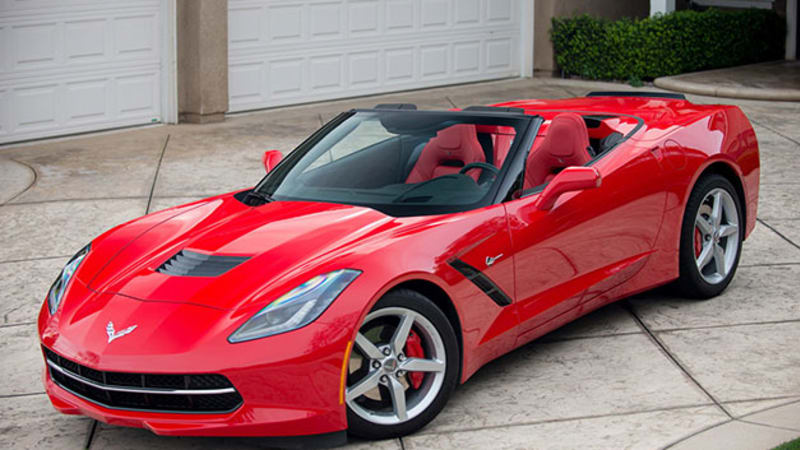Last post talked about the fast, intuitive, heuristic-driven system 1 and the slow, methodical, rational system 2 in car shopping. Marketers know this; just look at their ads:
| Why do car ads look like this? |
| ... but not like this? |
The previous post explains that system 1 usually makes the real decisions. The first picture above is aimed at system 1; it's targeting the real decision-maker. System 2 may find the second picture more helpful for comparing options, but system 2 isn't the real decision maker; it mostly just rationalizes the system 1 decision.
So we know system 1 is the key to purchase decisions. But how does system 1 make its choice?
It all starts with identity. Identity is the script which our characters follow in the story of our own lives. It's how we see and understand ourselves; it underlies every interaction with those around us. When we think of ourselves as careful, ambitious, adventurous, diligent, humble, faithful, caring, assertive, witty, or honest, we think of our identity. When Buzzfeed asks "Which superhero are you?", the quiz both feeds and explores our identity. Do you see yourself as a loving parent? Diligent student? Rebelious rocker? Mysterious old man? Metaphorical chessmaster? The hero? The anti-hero? Character archetypes aren't just about fiction. They underlie our own identities, helping us to characterize and understand the world around us and our place in it.
It should be no surprise that the mid-life crisis car is driven by identity.
 |
| Obvious example is obvious. |
But it's not just the mid-life crisis car. The baby mobile is just as much about identity. Even if a particular sports car were statistically safer than any minivan out there, new parents would still buy minivans. Why? Because the minivan is built into our culture as a car for parents. When people identify as parents, that identity drives them toward the sort of cars they imagine parents buy, like minivans.
 |
| Is this example too subtle? |
What about the environmentally friendly car? A bit of research will tell you that the environmental friendliness of a prius is pretty questionable. But it's not really about the environment; it's about a person's identity as an environmentally-conscientious person. It's about signalling that identity both to oneself and the rest of the world. And yeah, the gas mileage is nice, but that's not what drives the system 1 gut response. Good gas mileage is how system 2 rationalizes the decision.
 |
| Is it green? Yes. Yes it is. |
Signalling and identity go hand-in-hand. People often think of signalling in terms of status, but it's not just about money or power. Signalling applies much more broadly, to group membership or personal identity. It's about how you see yourself and how you want to be seen. It's about what your car says about you. Trying to bring back some adventure after a mid-life crisis? Want to show your parental commitment? Want to demonstrate your concern for the environment? On some level, every car is an identity signal.
Human brains have evolved to be really good at identity, to the point that most of it is subconscious. System 1 handles it. We don't see a minivan and think for a minute "hmmm, lots of space, sliding doors... this must be a car for parents and kids". No. The connection is instant and intuitive. In the time it takes to make the connection, a connection is also made to our own identity, asking "Do I fit this profile?". The decision to buy, or not to buy, or to at least add it to the list, happens largely in that short span of time. Long before we finish comparing options and trim levels, considering the price vs mileage tradeoff... system 1 has decided. System 1 has decided not based on statistics and features, but based on what best fits our own identity. It's about what feels like something someone would buy, if they were the sort of person we see in ourselves. Just like trying on new clothes means trying on a new identity, buying a new car means buying a new identity.
Interesting... This signalling can apply to things other than cars. I hadn't thought of it with cars before, just applied to other realms (clothes, music, colleges, religious groups, computer choice, etc.)
ReplyDelete